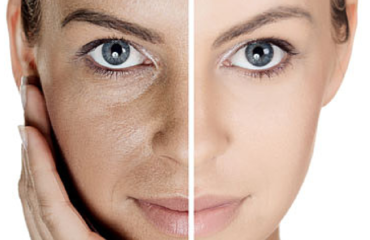
Introduction to the Keto Diet
We live in a world overloaded with diets and eating plans that are all preaching miracle, long term results for weight loss and reducing risks of developing illnesses and diseases.
What is a Keto Diet?
To put it simply, a ‘keto’ or ‘ketogenic’ diet is a low-carb, high-fat diet that puts the body into a metabolic state called ketosis.
Benefits of the Keto Diet
Weight Loss & Appetite Suppression
The biggest benefit of the keto diet and the one most dieters are striving for is weight loss and suppression of appetite.
Diabetes Type 2 Management
A keto diet can help manage diabetes type 2 by controlling glucose levels through reduced carbohydrate intake.
Epilepsy Treatment
Since the 1920s, the keto diet has been used to treat epilepsy, showing significant reduction in seizures for many patients.
Alzheimer’s Disease & Dementia Prevention
Studies suggest that a ketogenic diet may help protect against Alzheimer’s disease and dementia by improving neurovascular function.
IBS & Digestive Health
For those suffering from IBS and other gastrointestinal conditions, a keto diet can lead to significant improvements by reducing carbohydrate intake.
Risks of the Keto Diet
Medical professionals have identified risks associated with the keto diet, including:
- Nutrient deficiencies (selenium, magnesium, vitamins B and C)
- Potential liver and kidney problems
- Constipation and other digestive issues
- “Keto Flu” symptoms due to carbohydrate deprivation
Conclusion
Medical opinions on the keto diet vary. While it offers promising benefits, it also poses risks that should be carefully considered.
Share Your Experience
Have you recommended the keto diet to your patients? What are your thoughts on its benefits and risks?
Final Thoughts
Discussing the potential benefits and risks of the keto diet can help patients make informed decisions about their dietary choices.
These headings help structure the content for better SEO and readability while addressing key points about the keto diet.




